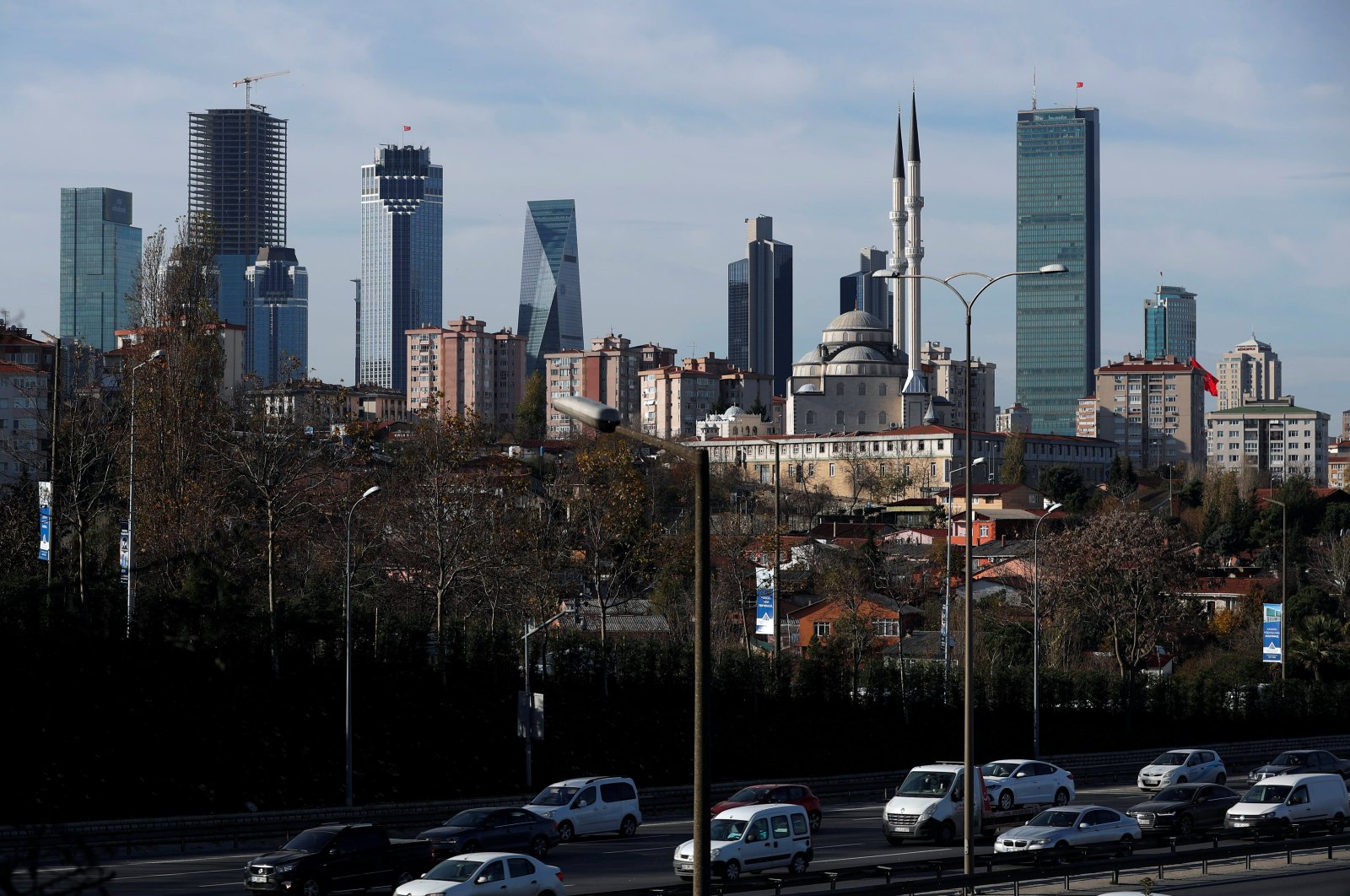Turkish banking watchdog to end loan classification grace period
Turkey’s banking watchdog Friday announced it will not extend a grace period on the classification of troubled loans beyond Sept. 30, ending a regulation adopted at the start of the COVID-19 pandemic.
The Banking Regulation and Supervision Agency (BDDK) adopted the rule under which banks delay shifting Stage 2 and other souring loans into the non-performing loan (NPL) category in early 2020, in order to help businesses struggling with cash flow.
Turkey’s NPL ratio dropped to 3.7% at the end of July, from 5.36% at the end of 2019, due to the forbearance measure on loan classification and a spike in cheap credit to boost economic recovery.
One source close to the matter told Reuters before the decision was announced that the BDDK met with banks, which said they did not want to measure to be extended.
“Banks (didn’t) have a request on another extension of the period. The general tendency of banks and the BDDK (was) for NPL periods not to be extended,” the person said, requesting anonymity due to the sensitivity of the matter.
Bad loans have weighed on the financial sector since speculative volatilities in the exchange rates in 2018 exposed the vulnerabilities of Turkish energy and construction companies after years of leveraging up on cheap foreign credit.
Proposals to address the bad loan problem, including transferring the loans to a separate fund and establishing an asset management company, have fallen short in recent years.
Filippo Alloatti, Head of Financials at Federated Hermes, said the end of forbearance would not automatically translate to higher NPL ratios.
“Monetary policy going forward will play a role, (especially) if (the Turkish central bank) were to embark on an easing cycle,” he added.
The Central bank of the Republic of Turkey (CBRT) is expected to keep its one-week repo rate unchanged at 19% next week, according to a Reuters poll, even though a possibility of a near-term monetary easing increased after Governor Şahap Kavcıoğlu’s recent comments.
On the other hand, the Institute of International Finance (IIF) said this week it expects the monetary easing to start as soon as next week with a 50-basis-point cut.
In a separate development Friday, the BDDK said that it was limiting the maximum period of consumer loans over TL 50,000 ($5,820) to 24 months from 36 months, in a move seen aimed at curbing demand for the loans.





